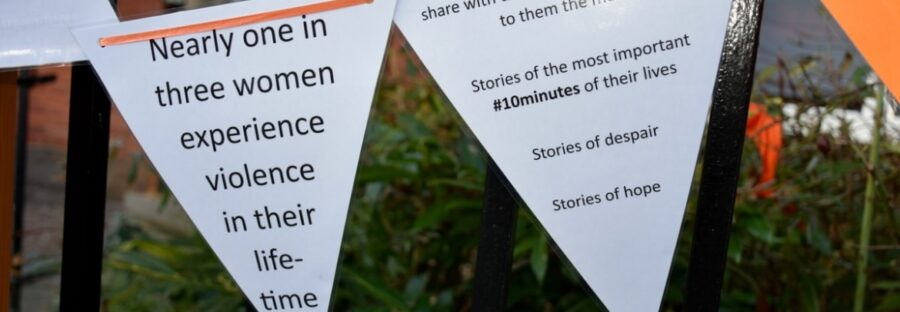Calls for government to address funding to combat violence against women and girls
Featured Image: Manchester Women’s Aid
Women’s Aid has called for the Labour government to address its failure to commit to new funding on tackling violence against women and girls (VAWG).
In the Autumn budget, the government failed to mention specific funding for anything related to VAWG and domestic abuse despite pledging to halve violence against women and girls in the next 10 years.
Jade Jeffrey, of Manchester Women’s Aid, said: “I would like to see consistency between the ambition of Labour’s manifesto and the funding they designate to ensure the VAWG sector can continue to operate”.
Dr Rossella Pulvirenti, senior lecturer at Manchester Metropolitan University, and Dr Zainab Naqvi, a reader in critical feminist legal studies, both expressed deep concerns about the government’s neglect of VAWG.
They stated: “When a political institution like the government decides what to highlight and what to silence, it sends a powerful message to society about what is prioritised and what is not. By refusing to acknowledge or allocate funding for tackling VAWG or domestic abuse, the government is clearly signalling that it does not deem these issues important enough to warrant attention.”
Many organisations echo these sentiments, emphasising the importance of including VAWG in discussions. As Jade Jeffrey asserts, “women’s safety should no longer be excluded from the conversation”.
Women’s Aid has urged the government to urgently fund specialist domestic violence services, advocating for a minimum annual funding of £516m in England to support survivors in rebuilding their lives free from abuse.
Isabelle Younane, head of external affairs at Women’s Aid, said: “This funding will not only save lives, but also has the potential to save the public purse as much as £23 billion a year.”
A 2023 Women’s Aid report, Investing to Save, shows “for every pound invested in domestic abuse support services, we will see a saving to the public purse of at least £9”.
The report highlights the stark reality that one in four women will experience domestic abuse in their lifetime, with the cost of escaping abuse reaching as much as £50,000 for a victim.
Supporting specialist services
There have been specific appeals for the government to support VAWG organisations that face additional barriers because of their specialist support to minority women, migrant women, disabled women, and the LGBT+ community.
Pulvirenti and Naqvi added: “The government needs to be addressing the endemic racism and sexism which is threaded through policy and institutional responses to VAWG against minoritised women and the impacts of this on the funding of supporting organisations.”
They suggested that the government provide these specialist VAWG services with the increased resources “that they deserve” to undertake the work that they do.
There have been further calls from VAWG organisations to protect the victims of domestic abuse given the government’s plans for the early prisoner release scheme.
In response, Women’s Aid stated that they welcome any “overdue investment in probation services”.
While acknowledging that the overcrowding in prisons is a serious issue, Farah Nazeer, the Chief Executive of Women’s Aid, said: “We are concerned that the scheme focusses on the offence rather than the offender”.
Many individuals affected by VAWG face the ongoing fear of their abuser or attacker returning to cause harm, and there have been tragic instances where probation services were unable to prevent these fears from becoming reality.


